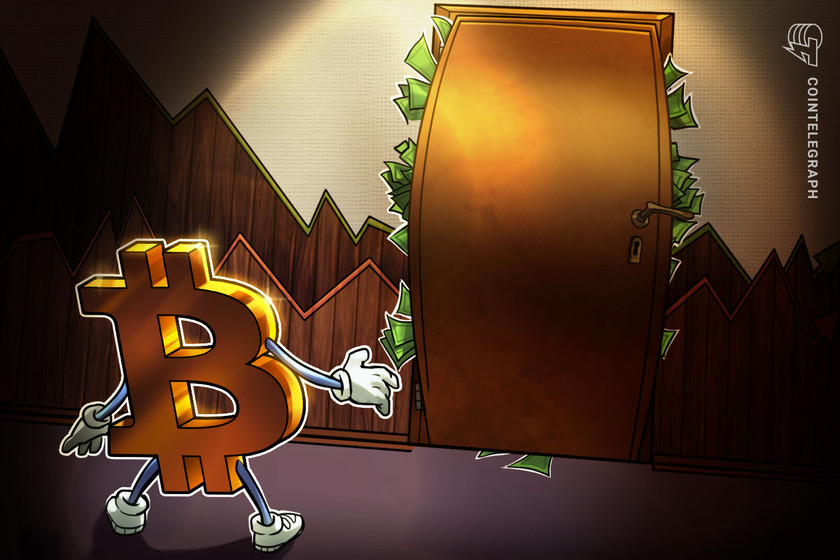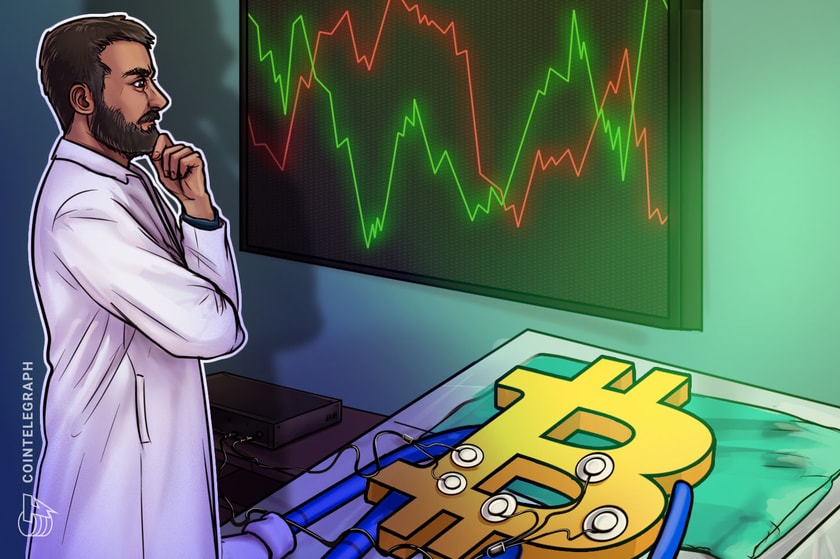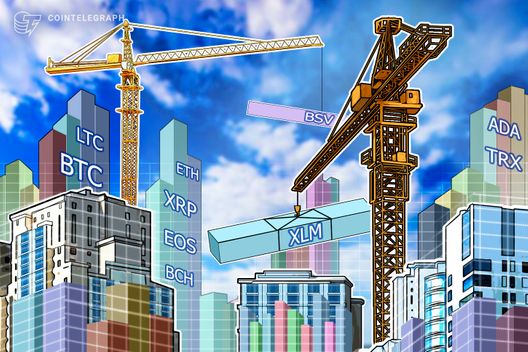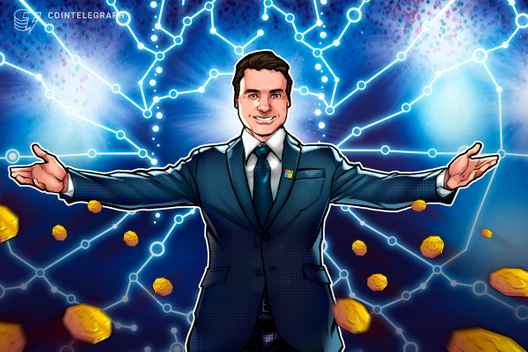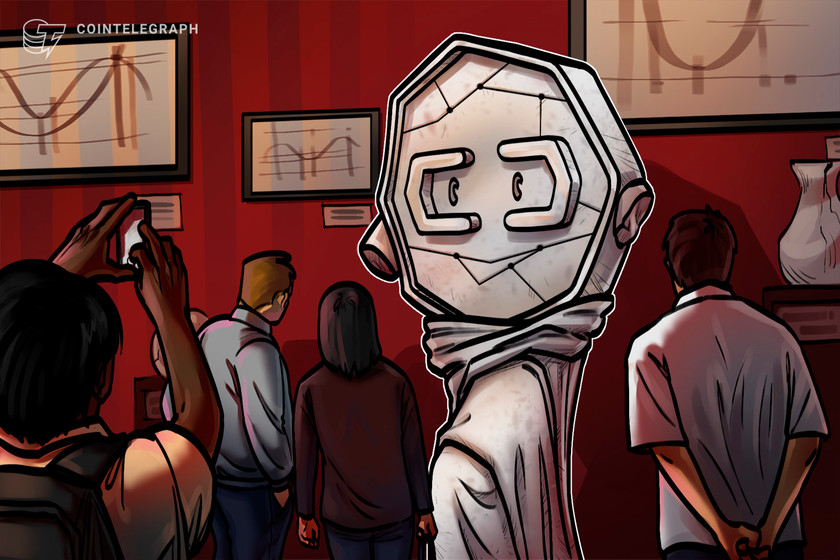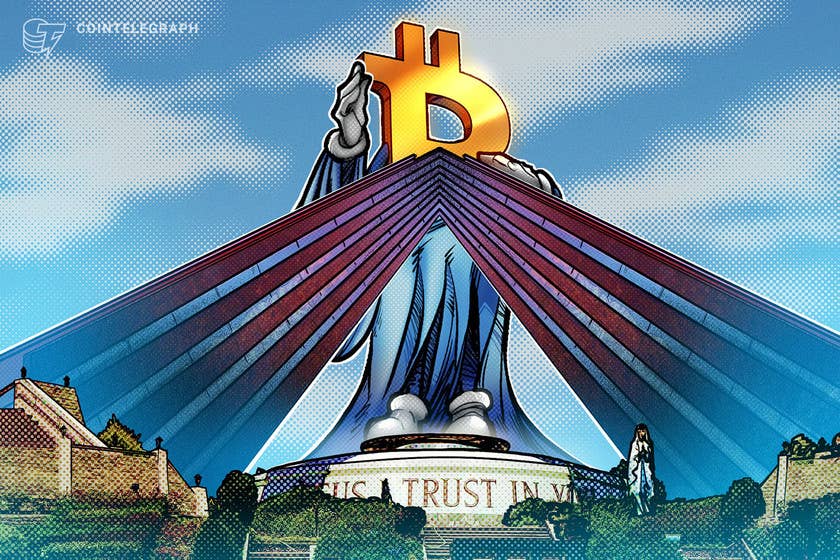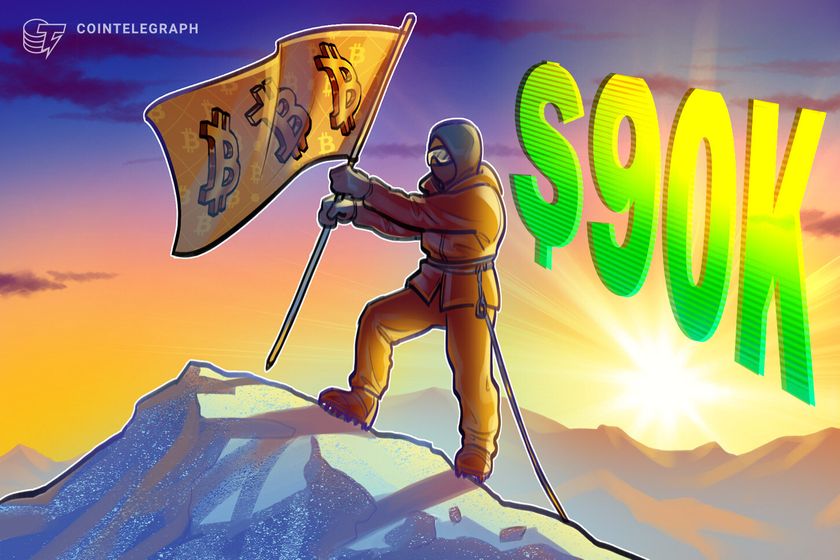Opera to integrate with Polygon, opening dApp ecosystem to 80M users
Browser-crypto integrations have become a major theme as blockchain developers look prioritize ease of use in onboarding new participants.
896 Total views
7 Total shares

On Wednesday, Opera, an internet browser with Web 3.0 application support and a built-in crypto wallet, announced an upcoming integration with Polygon (MATIC). The integration, which is scheduled to go live in the first quarter of 2022, will first open Polygon’s ecosystem to Opera’s over 80 million users on the Android mobile, then to the rest on other devices and platforms. Polygon is a layer two Ethereum (ETH) scaling solution designed for lower gas fees and faster transaction times.
Through the integration, Opera users will be able to access Polygon decentralized applications, or dApps, such as Sushiswap, Curve, and Aave, as well as blockchain games and nonfungible tokens platforms such as Decentraland, Opensea, and Sandbox.
Jorgen Arnese, executive vice president of Opera Mobile, said the new integration will help “remove the biggest challenge that crypto enthusiasts” face — namely, high gas fees and slow transaction speeds.
Arjun Kalsy, vice president of growth at Polygon, added: “With this integration, Opera’s hundreds of millions monthly active users will be able to experience Polygon’s thriving dApp ecosystem and best in class Web 3.0 technology.”
Related: Brave to integrate with Solana blockchain on its privacy-enabled browser
Ethereum scaling solutions such as Polygon have become vital in recent years as the network can only handle about 15 transactions per second. In times of peak network activity, like when celebrities try to drop over 10,000 NFTs all at once, gas prices can soar to absurd amounts. Fees are even higher in decentralized finance protocols such as peer-to-peer borrowing and lending, where multiple smart contract confirmations are required for loan origination.


